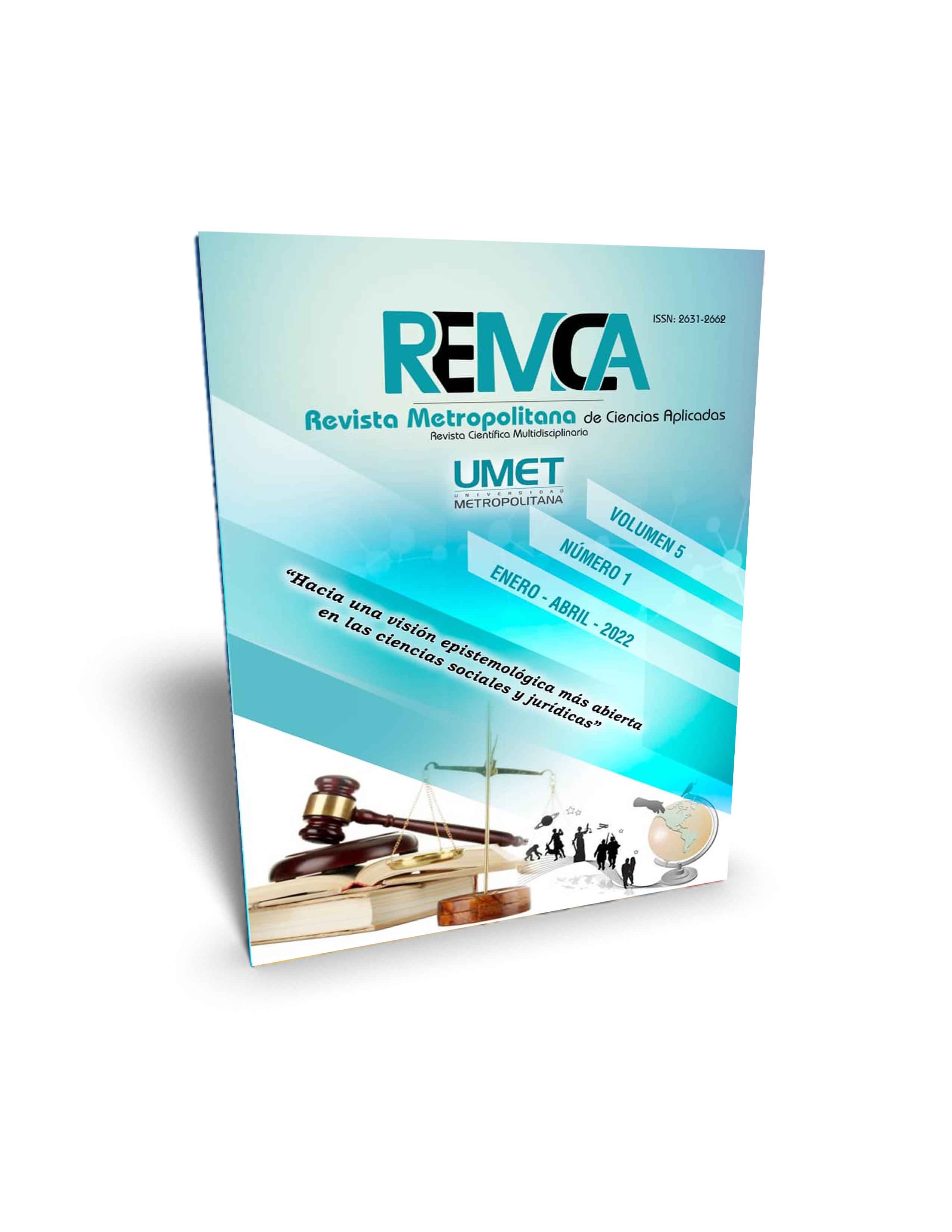Usure a legal vision in social reality
DOI:
https://doi.org/10.62452/b8e8bn10Keywords:
Usury, conduct, interest, crimeAbstract
Usury over time has been conceived as a social figure in which people lend money to others, without the need for long, late procedures that impose a series of requirements, but with the condition of collecting an excessive profit for the concept of interests. With the passage of time Usury has been classified as a criminal offense within the different legal systems, since the only body authorized to collect interest are public or private institutions regulated by the State. This conduct has been analyzed from different legal spheres, that is, the civil sphere, as well as within the criminal sphere, reaching the conclusion that regardless of the point of view that is seen, usury is an invasive behavior that greatly affects the economic rights of people. The purpose of this scientific article is to analyze the figure of Usury as a reprehensible conduct in the civil and criminal sphere within the Ecuadorian legal system, that is, the circumstances and details of this figure and its impact on the protected legal assets will be analyzed. by the Ecuadorian State.
Downloads
References
Abbagnano, N. (1963). Diccionario de Filosofía. Fondo de Cultura Económica.
Almeida Guzmán, D. (2001). Curso de Legislación Tributaria Corporativa. Una aproximación jurídico-práctica. Editorial Ecuador.
Altamirano, F. (2009). Los principios tributarios recogidos en la nueva constitución política. Revista Novedades Jurídicas, 31.
Álvarez Rodríguez, J. F. (2003). Los Principios tributarios en el ámbito impositivo de las personas físicas. Una reflexión sobre la capacidad contributiva y las minoraciones estructurales. (Ponencia). III Jornadas Ecuatorianas de Derecho Tributario. Quito, Ecuador.
Amatucci, A. (2001). Tratado de Derecho Tributario Tomo I. Editorial Temis.
Bird, R., & Oldman, O. (1968). La imposición fiscal en los países en desarrollo. Uteha.
Cabanellas, G. (1997). Diccionario Enciclopédico de Derecho Usual. Editorial Heliasta.
Calvo Ortega, R. (1997). Curso de Derecho Financiero I Derecho tributario. Editorial Civitas.
Casás, J. O. (2003). Principios Jurídicos de la Tributación, en García Belsunce Horacio, Tratado de Tributación Tomo I. Editorial Astrea.
Damarco, J. H. (2003). Metodología científica del Derecho Tributario. En, H. García Belsunce, Tratado de Tributación Tomo I. Editorial Astrea.
Donna, E. A. (2000). Derecho Penal, Parte Especial, Tomo II. Rubinzal Culzoni Editores.
Hermann, H. (1998). Teoría del Estado. Fondo de Cultura Económica.
Hernández Quintero. (2016). Los delitos económicos en la actividad financiera. Ediciones Jurídicas Gustavo Ibañez.
Ibañez, A. (2004). El delito fiscal. Ediciones Jurídica Gustavo Ibañez.
Larenz, K. (1985). Fundamentos de Ética Jurídica. Civitas Ediciones.
Liccardo, G. (2001). Introducción al estudio del Derecho Tributario. En, A. Amatucci, Tratado de Derecho Tributario, Tomo I. Editorial Temis.
Real Academia de la Lengua Española. (2021). Diccionario de la Real Academia de la Lengua Española. Espasa Calpe.
Downloads
Published
Issue
Section
License
Copyright (c) 2022 Verónica Patricia Urrutia Santillán, Fernando Eduardo Paredes Fuertes (Autor/a)

This work is licensed under a Creative Commons Attribution-NonCommercial-ShareAlike 4.0 International License.
Authors who publish in Revista Metropolitana de Ciencias Aplicadas (REMCA), agree to the following terms:
1. Copyright
Authors retain unrestricted copyright to their work. Authors grant the journal the right of first publication. To this end, they assign the journal non-exclusive exploitation rights (reproduction, distribution, public communication, and transformation). Authors may enter into additional agreements for the non-exclusive distribution of the version of the work published in the journal, provided that acknowledgment of its initial publication in this journal is given.
© The authors.
2. License
The articles are published in the journal under the Creative Commons Attribution-NonCommercial-ShareAlike 4.0 International License (CC BY-NC-SA 4.0). The terms can be found at: https://creativecommons.org/licenses/by-nc-sa/4.0/deed.en
This license allows:
- Sharing: Copying and redistributing the material in any medium or format.
- Adapting: Remixing, transforming, and building upon the material.
Under the following terms:
- Attribution: You must give appropriate credit, provide a link to the license, and indicate if any changes were made. You may do this in any reasonable manner, but not in any way that suggests the licensor endorses or sponsors your use.
- NonCommercial: You may not use the material for commercial purposes.
- ShareAlike: If you remix, transform, or build upon the material, you must distribute your creation under the same license as the original work.
There are no additional restrictions. You may not apply legal terms or technological measures that legally restrict others from doing anything the license permits.




